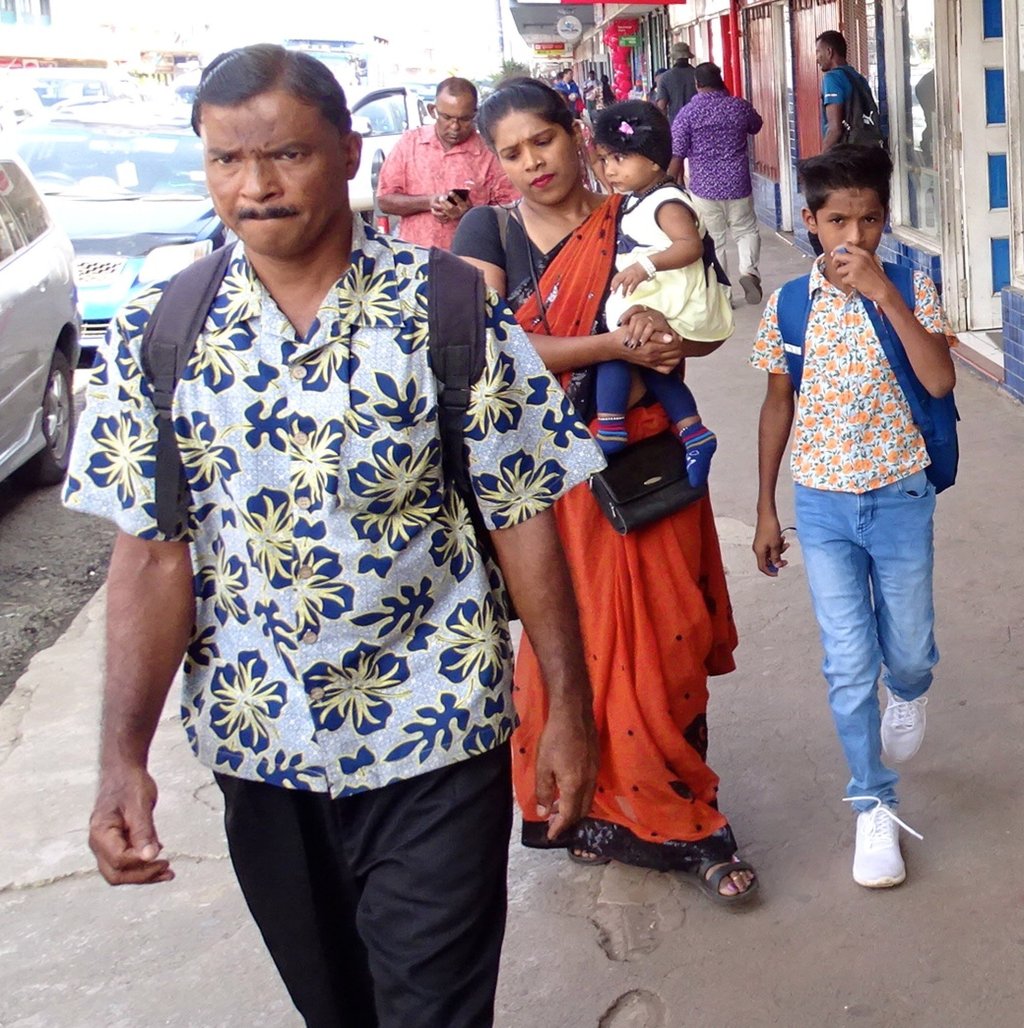Is Fiji’s ‘Little India’ facing extinction?
- Tens of thousands of Indians were taken to Fiji by British colonialists to be sugar cane workers, then remained at the end of their unpaid contracts
- Their descendants are now under threat; they own very little land, there’s far less sugar cane production, and Chinese businesses are arriving

It was 1879 when British colonialists began transporting Indian indentured labourers to sugar cane plantations in Fiji, 7,000 miles from home, where they received very low or no salary for their five-year contracts and often endured dire living conditions.
Most of the more than 60,000 Indians who arrived over a 37-year period stayed on the archipelago even after they finally could – in theory at least – leave, as they were unable to afford to return to their own country.
To survive, they leased small plots of land to cultivate their own sugar cane or opened businesses in expanding towns, gradually building thriving communities reflecting the culture they had left behind – the mix of majority Hindu and Muslim labourers living in harmony with their indigenous Christian neighbours.
But some Indo-Fijian communities are thriving no more as young people seek other opportunities, disappointed that many of the descendants of the Girmityas (indentured labourers) have little left to celebrate except Girmit Remembrance Day on May 14, marking the day the first ship carrying Indian workers arrived.

One such community is found in and around the small town of Labasa, population around 28,000, on Fiji’s second-largest island Vanua Levu. Its Indo-Fijian youngsters frequently continue their education 215km (133 miles) away in the capital Suva – on the largest island, Viti Levu – and do not return.